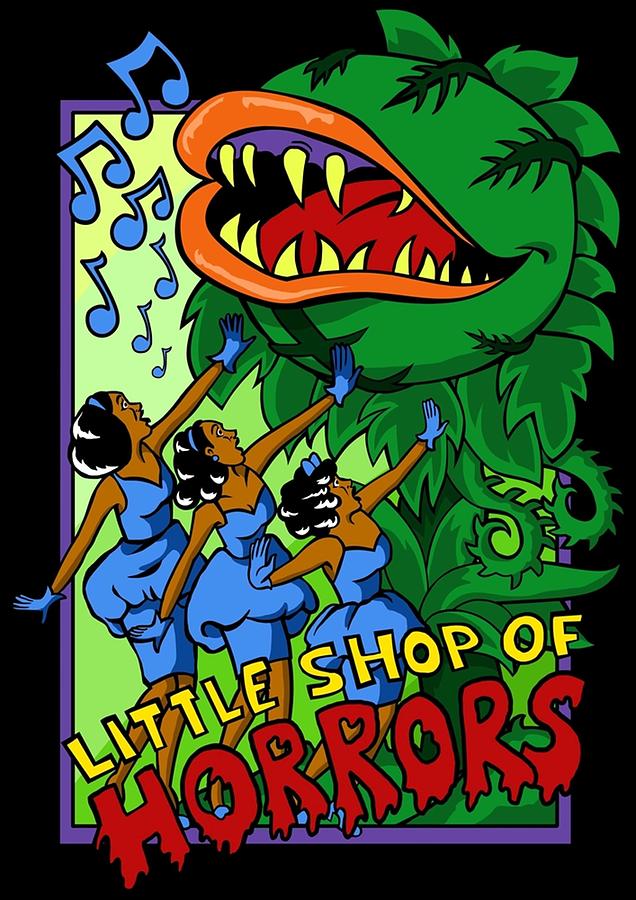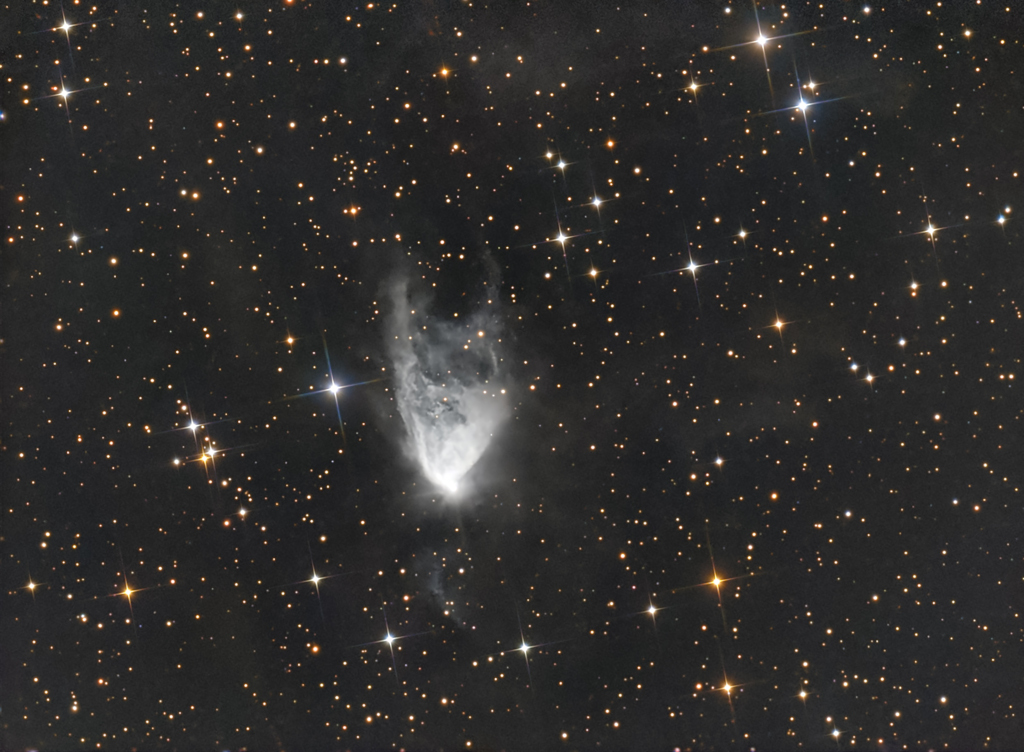Blog
Singer and actress Marianne Faithfull has died at the age of 78, her spokesperson has said. (29 December 1946 – 30 January 2025)
Born in Hampstead in December 1946, she was known for hits like As Tears Go By, which reached the UK top 10 in 1964, and for starring roles in films including 1968’s The Girl On A Motorcycle.
She was also famously the girlfriend of Rolling Stones frontman Mick Jagger in the 1960s, inspiring songs such as Wild Horses and You Can’t Always Get What You Want. After a period of heroin addiction in the 70s, she resurrected her career with the classic album Broken English.
Paying tribute, Jagger described Faithfull as “a wonderful friend, a beautiful singer and a great actress,” saying he was “so saddened”.

Harold “Chuck” Willis (January 31, 1926 – April 10, 1958) was an American blues, rhythm and blues, and rock and roll singer and songwriter. His biggest hits, “C. C. Rider” (1957) and “What Am I Living For” (1958), both reached No.1 on the BillboardR&B chart. He was known as The King of the Stroll for his performance of the 1950s dance the stroll.
Willis was born in Atlanta, Georgia, in 1926. He was spotted at a talent contest by Atlanta radio disc jockey Zenas Sears, who became his manager and helped him to sign with Columbia Records in 1951. After one single, Willis began recording on a Columbia subsidiary, Okeh. During his stay at Okeh, he established himself as a popular R&B singer and songwriter, performing material that he wrote himself. In 1956, he moved to Atlantic Records where he had immediate success with “It’s Too Late“, “Juanita” and “Love Me Cherry”.
His most successful recording was “C.C. Rider“, which topped the US Billboard R&Bchart in 1957 and also crossed over and sold well in the pop market. Jerry Wexler said it was Willis’s surprising idea to “do an old standard” instead of one of his own songs.“C.C. Rider” was a remake of a twelve-bar blues, performed by Ma Rainey in Atlanta before Willis was born. Its relaxed beat, combined with a mellow vibraphone backing and chorus, inspired the emergence of the popular dance, The Stroll. When performing on stage Willis and his group would do this step side to side. Dick Clark played “C. C. Rider” on American Bandstand, and “The Stroll” became a popular dance. Willis’s follow-up was “Betty and Dupree”, another “stroll” song and a similar “old standard”, which also did well. Wexler said that Dick Clark used “Betty and Dupree” on American Bandstand to accompany “The Stroll,” and that is how Willis became known as “King of The Stroll.” Willis’ single “Going to the River“, a song by Dave Bartholomew and Fats Domino, was a prototype for his “stroll” sound, reaching No.4 on the R&B chart.
more...Little Shop of Horrors by Theatre 55 opening one week from Today at Gremlin Theater. February 7th thru 22nd 2025. Music with Shirley Mier, Lyra Olson, Jamie Carter and mick laBriola. Featuring Van Nixon and Patty Lacy.

Temple Israel Erev Shabbat Service Friday January 31st 2025 6pm. Music with Inbal Sharett-Singer, Jayson Rodovsky, Jeff Bailey, Pete Whitman and mick laBriola.
more...The interstellar cloud of dust and gas captured in this sharp telescopic snapshot is seen to change its appearance noticeably over periods as short as a few weeks. Discovered over 200 years ago and cataloged as NGC 2261, bright star R Monocerotis lies at the tip of the fan-shaped nebula. About one light-year across and 2500 light-years away, NGC 2261 was studied early last century by astronomer Edwin Hubble and the mysterious cosmic cloud is now more famous as Hubble’s Variable Nebula. So what makes Hubble’s nebula vary? NGC 2261 is composed of a dusty reflection nebula fanning out from the star R Monocerotis. The leading variability explanation holds that dense knots of obscuring dust pass close to R Mon and cast moving shadows across the dust clouds in the rest of Hubble’s Variable Nebula.

Charles Douglas Musselwhite (born January 31, 1944) is an American blues harmonica player and bandleader who came to prominence, along with Mike Bloomfield, Paul Butterfield, and Elvin Bishop, as a pivotal figure in helping to revive the Chicago Blues movement of the 1960s. He has often been identified as a “white bluesman”.
Musselwhite was reportedly the inspiration for Elwood Blues, the character played by Dan Aykroyd in the 1980 film, The Blues Brothers.
more...Philip Glass (born January 31, 1937) is an American composer and pianist. He is widely regarded as one of the most influential composers of the late 20th century. Glass’s work has been associated with minimalism, being built up from repetitive phrases and shifting layers. Glass describes himself as a composer of “music with repetitive structures”, which he has helped to evolve stylistically.
He founded the Philip Glass Ensemble, which is still in existence, but Glass no longer performs with the ensemble. He has written 15 operas, numerous chamber operas and musical theatre works, 14 symphonies, 12 concertos, nine string quartets, various other chamber music pieces, and many film scores. He has received nominations for four Grammy Awards for including two for Best Contemporary Classical Composition for Satyagraha (1987) and String Quartet No. 2 (1988). He has received three Academy Award for Best Original Score nominations for Martin Scorsese‘s Kundun (1997), Stephen Daldry‘s The Hours (2002), and Richard Eyre‘s Notes on a Scandal (2006). He also composed the scores for Mishima: A Life in Four Chapters (1985), Hamburger Hill(1987), The Thin Blue Line (1988), Candyman (1992), The Truman Show (1998), and The Illusionist (2006).
Glass is known for composing several operas such as Einstein on the Beach (1976), Satyagraha (1980), Akhnaten (1983), The Voyage (1992), and The Perfect American(2013). He also wrote the scores for Broadway productions such as the revivals of The Elephant Man (2002), The Crucible (2016), and King Lear (2019). For the latter he won the Drama Desk Award for Outstanding Music in a Play.
Over his career Glass has received several awards including a BAFTA Award, a Drama Desk Award, and a Golden Globe Award as well as nominations for three Academy Awards, four Grammy Awards, and a Primetime Emmy Award. He has also received the Ordre des Arts et des Lettres in 1995, the National Medal of Arts in 2010, the Kennedy Center Honors in 2018, and the Grammy Trustees Award in 2020.
more...Roosevelt Sykes (January 31, 1906 – July 17, 1983) was an American blues musician, also known as “the Honeydripper“.
Sykes was born the son of a musician in Elmar, Arkansas. “Just a little old sawmill town”, Sykes said of his birthplace. The Sykes family was living in St. Louis by 1909. Sykes often visited his grandfather’s farm near West Helena. He began playing the church organ around the age of ten. “Every summer I would go down to Helena to visit my grandfather on his farm,” he told biographer Valerie Wilmer. “He was a preacher and he had an organ I used to practice on, trying to learn how to play. I always liked the sound of the blues, liked to hear people singing, and since I was singing first, I was trying to play like I sang.” Sykes was baptized at 13 years old, his lifelong beliefs never conflicting with playing the blues.
At age 15, he went on the road playing piano in a barrelhouse style of blues. Like many bluesmen of his time, he traveled around playing to all-male audiences in sawmill, turpentine and levee camps along the Mississippi River, sometimes in a duo with Big Joe Williams, gathering a repertoire of raw, sexually explicit material. In 1925 Sykes met Leothus “Lee” Green, a piano player in a West Helena theater playing a mix of blues, ragtime, waltz, and jazz to accompany silent movies. They worked the Louisiana and Mississippi work camp and roadhouse circuit together, with the older man acting as mentor and protector to Sykes. “I just been pickin’ a little cotton,” Sykes would say from the stage, “and pickin’ a little piano.” The more experienced Green taught him the style, characterized by separate bass and treble rhythms, that would become the basis for “44 Blues“. Sykes’ wanderings eventually brought him back to St. Louis, Missouri, where he met St. Louis Jimmy Oden, the writer of the blues standard “Goin’ Down Slow“.
more...Franz Peter Schubert (31 January 1797 – 19 November 1828) was an Austrian composer of the late Classical and early Romanticeras. Despite his short life, Schubert left behind a vast oeuvre, including more than 600 secular vocal works (mainly Lieder), seven complete symphonies, sacred music, operas, incidental music, and a large body of piano and chamber music. His major works include the art songs “Erlkönig“, “Gretchen am Spinnrade“, and “Ave Maria“; the Trout Quintet; the Symphony No. 8 in B minor (Unfinished); the Symphony No. 9 in C major (Great); the String Quartet No. 14 in D minor (Death and the Maiden); the String Quintet in C major; the Impromptus for solo piano; the last three piano sonatas; the Fantasia in F minor for piano four hands; the opera Fierrabras; the incidental music to the play Rosamunde; and the song cycles Die schöne Müllerin, Winterreise and Schwanengesang.
Born in the Himmelpfortgrund suburb of Vienna, Schubert showed uncommon gifts for music from an early age. His father gave him his first violin lessons and his elder brother gave him piano lessons, but Schubert soon exceeded their abilities. In 1808, at the age of eleven, he became a pupil at the Stadtkonvikt school, where he became acquainted with the orchestral music of Joseph Haydn, Wolfgang Amadeus Mozart, and Ludwig van Beethoven. He left the Stadtkonvikt at the end of 1813 and returned home to live with his father, where he began studying to become a schoolteacher. Despite this, he continued his studies in composition with Antonio Salieri and still composed prolifically. In 1821, Schubert was admitted to the Gesellschaft der Musikfreunde as a performing member, which helped establish his name among the Viennese citizenry. He gave a concert of his works to critical acclaim in March 1828, the only time he did so in his career. He died eight months later at the age of 31, the cause officially attributed to typhoid fever, but believed by some historians to be syphilis.
Appreciation of Schubert’s music while he was alive was limited to a relatively small circle of admirers in Vienna, but interest in his work increased greatly in the decades following his death. Felix Mendelssohn, Robert Schumann, Franz Liszt, Johannes Brahms and other 19th-century composers discovered and championed his works. Today, Schubert is considered one of the greatest composers in the history of Western classical music and his music continues to be widely performed.
more...Roger Humphries (born January 30, 1944 Pittsburgh) is an American jazz drummer.
Born into a family of ten children in Pittsburgh, Pennsylvania, Humphries began playing drums at age four, and went professional at age 14. He led an ensemble at Carnegie Hall at age 16. Early in the 1960s, he began touring with jazz musicians; one of his more prominent gigs was in a trio with Stanley Turrentine and Shirley Scott in 1962. In 1964, he worked with Horace Silver, appearing on the album Song for My Father, where he played on four tracks, including the title tune (on which album Roy Brooks played on two tracks from a session recorded a year earlier) and in 1965, Humphries performed on the Horace Silver album The Cape Verdean Blues with Silver, tenor saxophonist Joe Henderson, trumpeter Woody Shaw, trombonist J.J. Johnson and bassist Bob Cranshaw. Following this Humphries drummed for Ray Charles.
Humphries’s list of credits in jazz, R&B, and pop is extensive. Musicians he has played with, in addition to the above, include Lee Morgan, Grant Green, Billy Taylor, Bill Doggett, Benny Green, Lionel Hampton, Coleman Hawkins, Barry Harris, Clark Terry, J. J. Johnson, Billy Preston, Joe Henderson, Freddie Hubbard, Dizzy Gillespie, Jack McDuff, Gene Harris, George Harris, George Benson, Jon Faddis, Slide Hampton, Johnny Griffin, Herbie Mann, Randy Brecker, Joe Williams, Milt Jackson, Jimmy Witherspoon, Hubert Laws, Dwayne Dolphin, Isley Brothers, and Illinois Jacquet.
more...spiral galaxy Messier 33 seems to have more than its fair share of glowing hydrogen gas. A prominent member of the local group of galaxies, M33 is also known as the Triangulum Galaxy and lies a mere 3 million light-years away. The galaxy’s central 60,000 light-years or so are shown in this sharp galaxy portrait. The portrait features M33’s reddish ionized hydrogen clouds or HII regions. Sprawling along loose spiral arms that wind toward the core, M33’s giant HII regions are some of the largest known stellar nurseries, sites of the formation of short-lived but very massive stars. Intense ultraviolet radiation from the luminous, massive stars ionizes the surrounding hydrogen gas and ultimately produces the characteristic red glow. In this image, broadband data were combined with narrowband data recorded through a filter that transmits the light of the strongest visible hydrogen and oxygen emission lines. 2.7mly

more...
Martyn Jerel Buchwald (January 30, 1942 – September 27, 2018 Cincinnati), known as Marty Balin (/ˈbælɪn/), was an American singer, songwriter, and musician best known as a member of Jefferson Airplane and Jefferson Starship.
more...Ahmed Abdul-Malik (born Jonathan Tim, Jr.; January 30, 1927 – October 2, 1993 NY) was an American jazz double bassist and oud player. Abdul-Malik is remembered for integrating Middle Eastern and North African music styles in his jazz music. He was a bass player for Art Blakey, Earl Hines, Randy Weston, and Thelonious Monk, among others. Abdul-Malik recorded six albums as a leader between 1958 and 1964 before moving into jazz education.
more...Edward Brian “Tubby” Hayes (30 January 1935 – 8 June 1973) was a British jazzmulti-instrumentalist, best known for his virtuosic musicianship on tenor saxophone and for performing in jazz groups with fellow sax player Ronnie Scott and trumpeter Jimmy Deuchar. He is widely considered to be one of the finest jazz saxophonists to have emerged from Britain. Hayes died in June 1973, during a second heart operation at the Hammersmith Hospital, at the age of 38.
more...David Roy Eldridge (January 30, 1911 – February 26, 1989 Pittsburgh), nicknamed “Little Jazz“, was an American jazz trumpeter. His sophisticated use of harmony, including the use of tritone substitutions, his virtuosic solos exhibiting a departure from the dominant style of jazz trumpet innovator Louis Armstrong, and his strong impact on Dizzy Gillespie mark him as one of the most influential musicians of the swing era and a precursor of bebop.
more...More Posts
- Daily Roots with Zoot Simms
- The Cosmos with the Milky Way
- Fela Kuti Day
- Nellie Lutcher Day
- Mickey Baker Day
- World Fusion with Fanfara Station
- Daily Roots with Burning Spear
- Rhythm Roots Workshop @ Wilder Community Center for Aging
- Happy Indigenous Peoples Day 2019
- The Cosmos with ARP 274
- Duško Gojković Day
- Nikhil Banerjee Day
- Robert Parker Day
- James “Son” Thomas
- World Music with MUR
- Daily Roots with Tony Tuff
- The Cosmos with NGC 290
- Paul Simon Day
- Pharaoh Sanders Day
- Lee Konitz Day